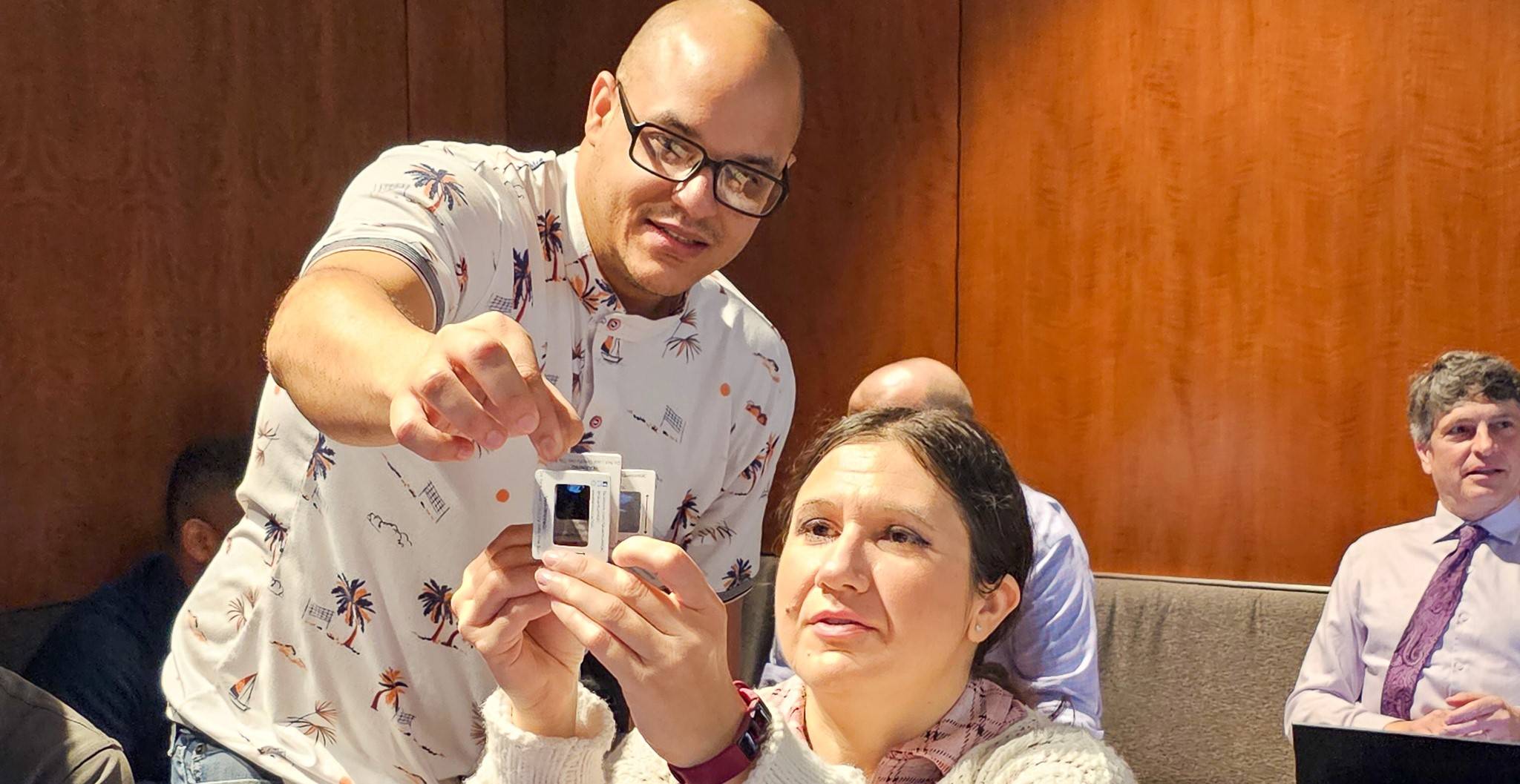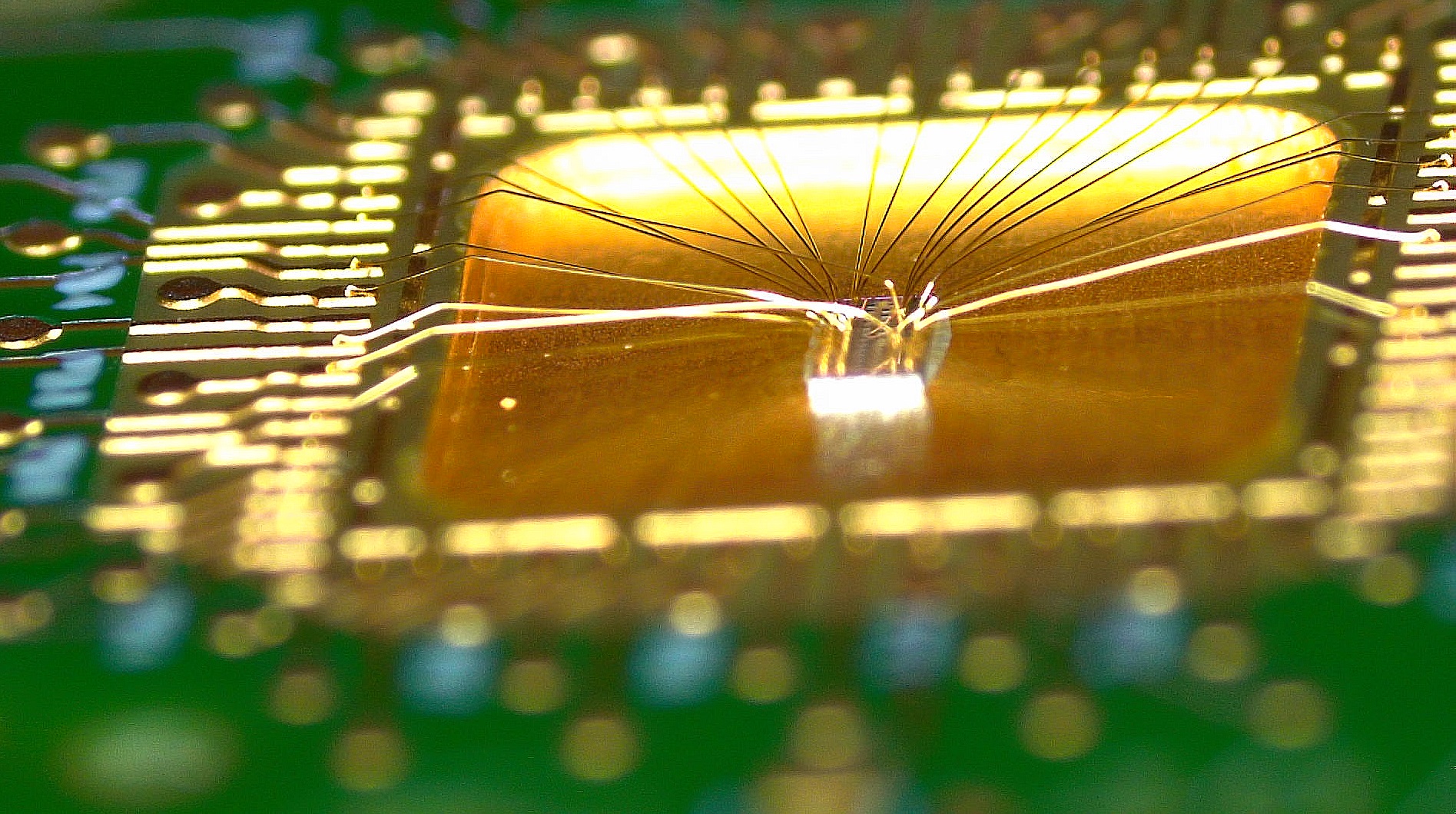 myCSUSM
myCSUSMFaculty Workshops
To help increase the number of faculty capable of, and actively working towards, including
quantum information science and technology in their curriculum we are hosting two
faculty workshops. Both workshops will be held on CSUSM's campus in north county San
Diego. Travel support is available for eligible faculty. Applications close March 31st.
If you have questions please contact Justin Perron at jperron@csusm.edu.
Apply to Workshops
Workshop 1
Introductory QIST and educational modules
June 12th through 14th, 2024
This workshop is designed for quantum adjacent faculty, those with expertise in QIST related fields like computer science, math, and physics but with minimal experience in QIST. The first day of the workshop will include a crash course in introductory QIST concepts to build the foundational knowledge of QIST. During day 2 and 3 of the workshop participants will work through lessons and activities subject matter experts have used to deliever QIST content. Participants should leave with a firm understanding of the basic QIST concepts and be equipped with tools they can adapt and use in their existing STEM courses.
Workshop 2
Quantum machine learning
June 26th through 28th, 2024
This workshop is aimed at faculty with some familiarity with basic QIST concepts. This year's workshop will focus on quantum machine learning. The 3 day workshop will cover classical machine learning (CML) and how it can be applied to quantum systems, as well as quantum machine learning (QML), learning from classical data and quantum data.







